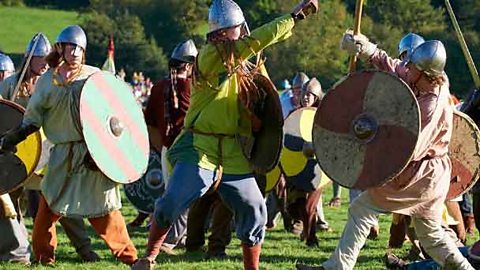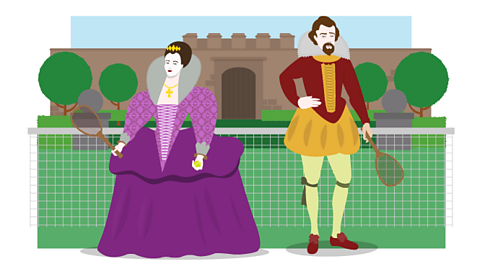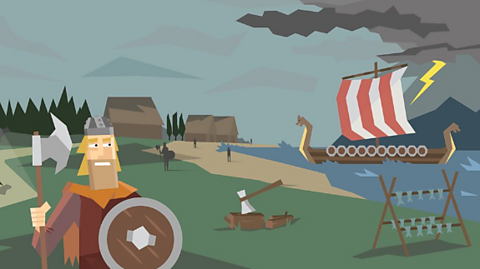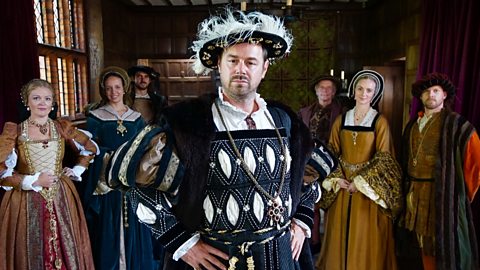
EastEnders actor Danny Dyer recently took a brief holiday from the dramas of his character Mick Carter, for something which required a spot of time travel.
The Queen Vic landlord is swapped on-screen family the Carters to spend time with a few of his own ancestors in the history show Right Royal Family.
Based on revelations from his Who Do You Think You Are appearance - which revealed he was related to King Edward III - this new project showed Danny experiencing life from the different eras his ancestors have been traced to, including Viking, Norman and Tudor times.
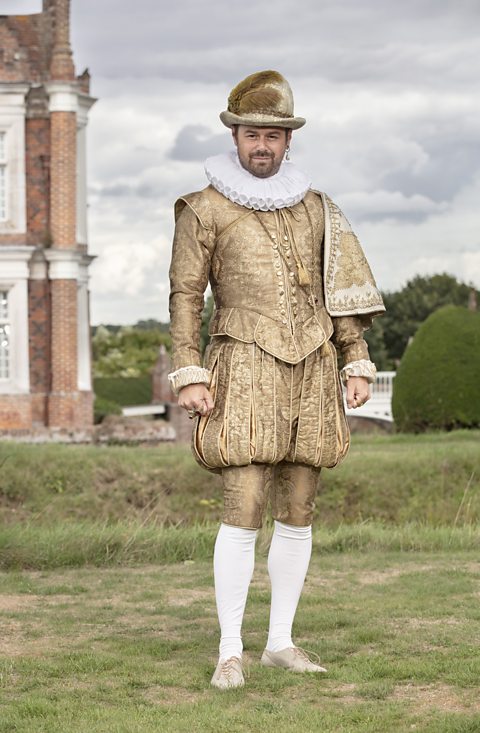
But if there’s one era the actor should feel right at home in, it’s the Middle Ages.
As this , there are a host of jobs Danny could have contemplated, but there’s one occupation that seems particularly apt.
A dyer (yes, spelt exactly the same way as his surname) was a bona fide job in medieval days. In a time when coloured fabrics couldn’t be mass produced, a dyer coloured the wool in order for textiles to be available in a variety of shades. Not only that, the dyer would be responsible for mixing different ingredients together to produce inks and dyes that would be used for fabrics, other materials and even artworks. What’s more, the surname Dyer originated around this time, based on this occupation.
It was just one role that kept a town or village operating. Some jobs that were around then are still required today, such as doctor, cook, carpenter, sailor, soldier and another Danny will know all about - innkeeper.

The occupation of dyer, however, is very much of this era. Here's a quick rundown on some other medieval occupations we don't find today.
Squire: This was a wealthy land owner. Another interpretation is someone in training to be a knight.
Reeve: The closest equivalent today would be a supervisor in a factory or works site. The reeve would observe the work carried out by peasants to ensure it was done correctly.
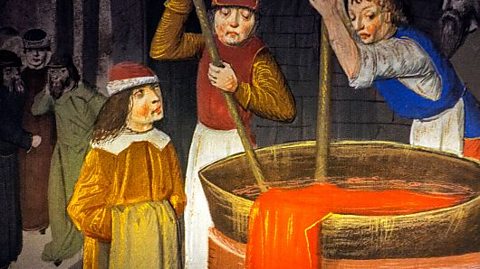
Serf: A labourer, usually a peasant, who worked for a landowner. While it was a tough job there was a glimmer of hope. Any serf which escaped their village, headed for a town and remained there for one year and one day could then become a freeman of that town.
Weaver: While there are many individual roles in the textile world today, a weaver in the middle ages had to be truly multi-talented. They made baskets as well as clothes and no formal training for the job existed, the trade passed down from generation to generation.
This article was published in January 2019
All about the Normans. revision-guide
Historical re-enactors fight one another as Norman foot-soldiers.
